
下载亿题库APP
联系电话:400-660-1360

下载亿题库APP
联系电话:400-660-1360

请谨慎保管和记忆你的密码,以免泄露和丢失

请谨慎保管和记忆你的密码,以免泄露和丢失

为了帮助广大考生顺利通过口译笔译考试,帮考网为大家分享了一些口译笔译相关内容,希望大家每天坚持练习,积极备考。
Question 1-5
Life expectancy in the richest countries of the world now exceeds the poorest by more than 30 years, figures show. The gap is widening across the world, with Western countries and the growing economies of Latin America and the Far East advancing more rapidly than Africa and the countries of the former Soviet Union. Average life expectancy in Britain and similar countries of the OECD was 78.8 in 2000-05, an increase of more than seven years since 1970-75 and almost 30 years over the past century. In sub-Saharan Africa, life expectancy has increased by just four months since 1970, to 46.1 years. Narrowing this "health gap" will involve going beyond the immediate causes of disease—poverty, poor sanitation and infection—to tackle the "causes of the causes" —the social hierarchies in which people live, says the report published by the Global Commission on the Social Determinants of Health established by the WHO in 2005.
Professor Sir Michael Marmot, chairman of the commission, who first coined the term "status syndrome", said social status was the key to tackling health inequalities worldwide. In the 1980s, in a series of ground-breaking studies among Whitehall civil servants, Professor Marmot showed that the risk of death among those on the lower rungs of the career ladder was four times higher than those at the top, and that the difference was linked with the degree of control the individuals had over their lives.
He said yesterday that the same rule applied in poorer countries. If people increased their status and gained more control over their lives they improved their health because they were less vulnerable to the economic and environmental threats. "When people think about those in poor countries they tend to think about poverty, lack of housing, sanitation and exposure to infectious disease. But there is another issue, the social gradient in health which I called status syndrome. It is not just those at the bottom of the hierarchy who have worse health; it is all the way along the scale. Those second from the bottom have worse health than those above them but better health than those below."
The interim report of the commission, in the online edition of The Lancet, says the effects of status syndrome extend from the bottom to the top of the hierarchy, with Swedish adults holding a PhD having a lower death rate than those with a master\'s degree. The study says: "The gradient is a worldwide occurrence, seen in low-income, middle-income and high-income countries. It means we are all implicated."
The result is that even within rich countries such as Britain there are striking inequalities in life expectancy. The poorest men in Glasgow have a life expectancy of 54, lower than the average in India. The answer, the report says, is empowerment, of individuals, communities and whole countries. "Technical and medical solutions such as medical care are without doubt necessary. But they are insufficient." Professor Marmot said: "We talk about three kinds of empowerment. If people don\'t have the material necessities, they cannot be empowered. The second kind is psycho-social empowerment: more control over their lives. The third is political empowerment: having a voice."
The commission\'s final report, to be published soon, will identify the ill effects of low status and make recommendations for how they can be tackled. In Britain a century ago, infant mortality among the rich was about 100 per 1,000 live births compared with 250 per 1,000 among the poor. Infant mortality is still twice as high among the poor in Britain, but the rates have come down dramatically to 7 per 1,000 among the poor and 3.5 among the rich. Professor Marmot said: "We have made dramatic progress, but this is not about abolishing the rankings, but by identifying the ill effects of hierarchies we can make huge improvement."
1. Which of the following CANNOT be found from the passage?
(A) Life expectancy in Latin America and the Far East is increasing faster than Africa.
(B) In Africa, life expectancy had only increased by four years since 1970 to 46.1 years.
(C) There is a gap of more than 30 years in life expectancy between the richest countries and the poorest countries.
(D) Within rich countries there are also great inequalities in life expectancy between the rich and the poor.
2. According to the passage, the term "status syndrome" _______,
(A) was first accepted by the World Health Organisation in 2005
(B) was proposed by Professor Marmot to describe social changes
(C) is used to expose the major causes of health inequalities
(D) is used to show the correlation between sanitation and infection
3. According to the passage, the effects of status syndrome _______.
(A) can only be found from those living at the bottom of the society
(B) usually are greater among those from the lower classes
(C) are the same on people from each ladder of the social hierarchy
(D) extend universally from the bottom to the top of the social hierarchy
4. Professor Marmot proposed that "empowerment" should ________.
(A) mainly include technical and medical advancement
(B) be equal to access to material necessities
(C) be material, psycho-social and political
(D) be the final answer to the social problem of "health gap"
5. What can be concluded from the passage?
(A) Health inequality is closely related to social hierarchies.
(B) The "causes of the causes" of health gap lie in the differences between rich and poor countries.
(C) Social ranking should be ultimately abolished.
(D) The rich countries should give more assistance to poor countries to fill the health gap.
参考答案:
1. B 2. C 3. D 4. C 5. A
看到这里小伙伴们是否有所收获呢?希望帮考网为大家分享的内容能给大家带来帮助,后续也可以多关注帮考网,这里有更多的考试资讯,你想知道的都在这!
 27
27三级笔译和口译考试每年可以考几次?:三级笔译和口译考试每年可以考几次?通常情况下笔译口译考试都是每年两次。上半年一般在1月份报名,5月份考试,下半年一般在7月份报名,11月考试,各省市情况不一,具体情况可上CATTI官网或各省市人事考试网查询。
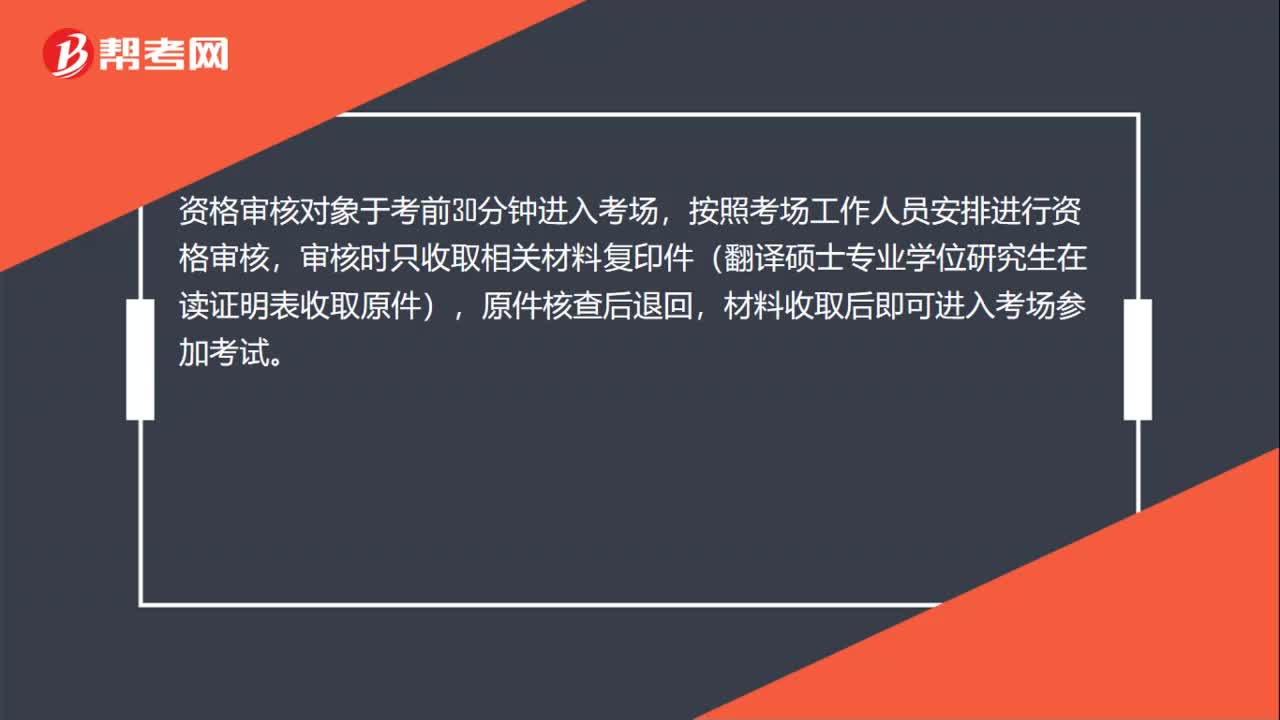 29
29口译笔译考试资格审核的流程是什么?:口译笔译考试资格审核的流程是什么?资格审核对象于考前30分钟进入考场,按照考场工作人员安排进行资格审核,审核时只收取相关材料复印件(翻译硕士专业学位研究生在读证明表收取原件),原件核查后退回,材料收取后即可进入考场参加考试。
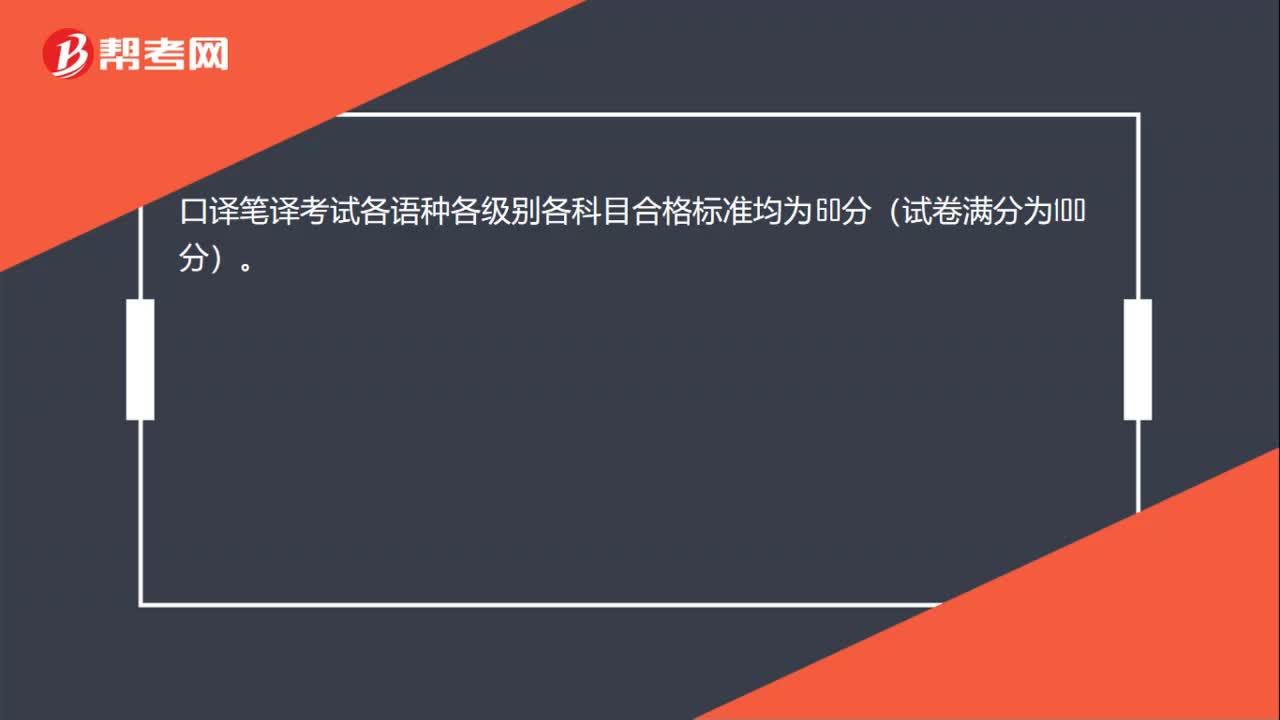 16
16口译笔译考试是多少分及格?:口译笔译考试各语种各级别各科目合格标准均为60分(试卷满分为100分)。
 00:23
00:232020-06-03
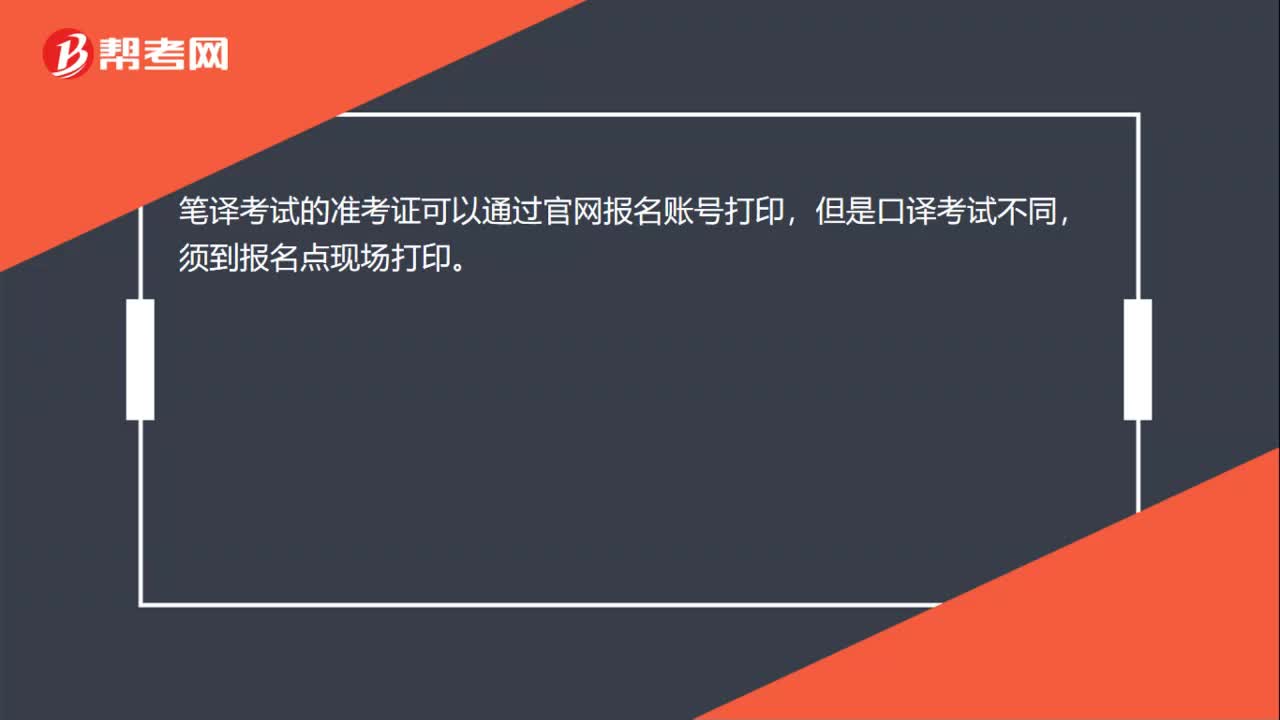 00:15
00:152020-06-03
 00:27
00:272020-06-03
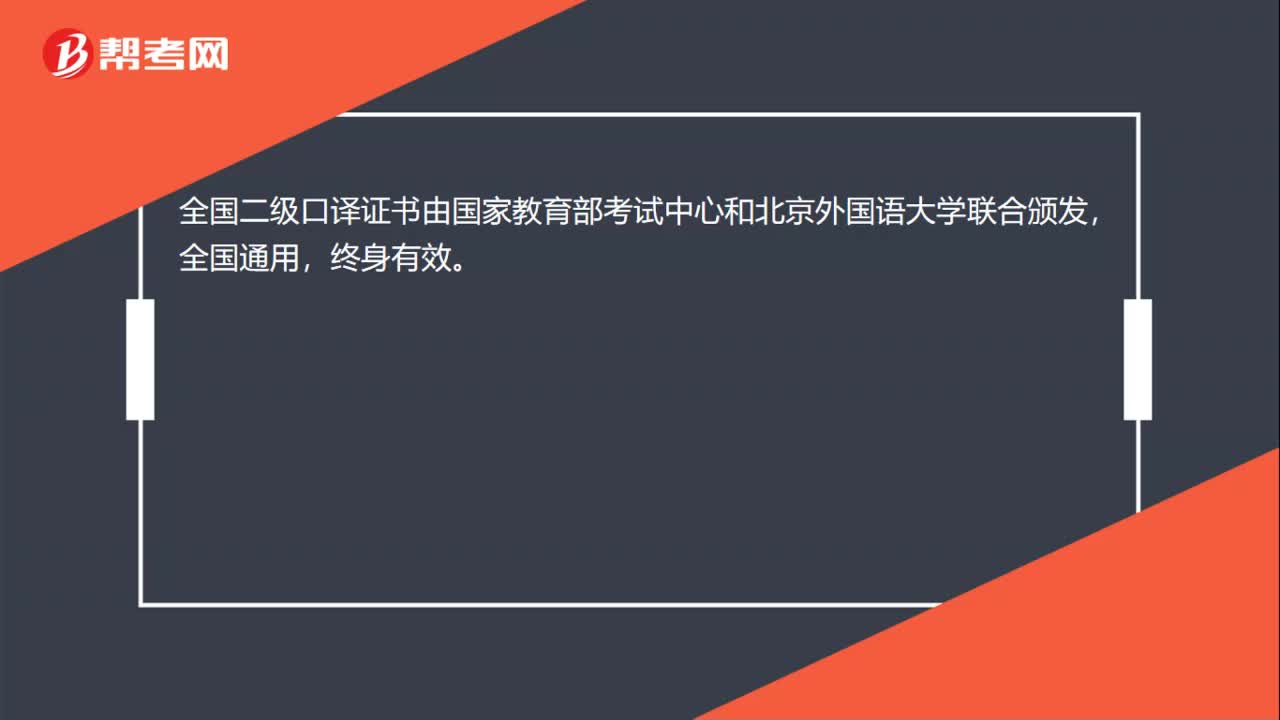 00:17
00:172020-06-03
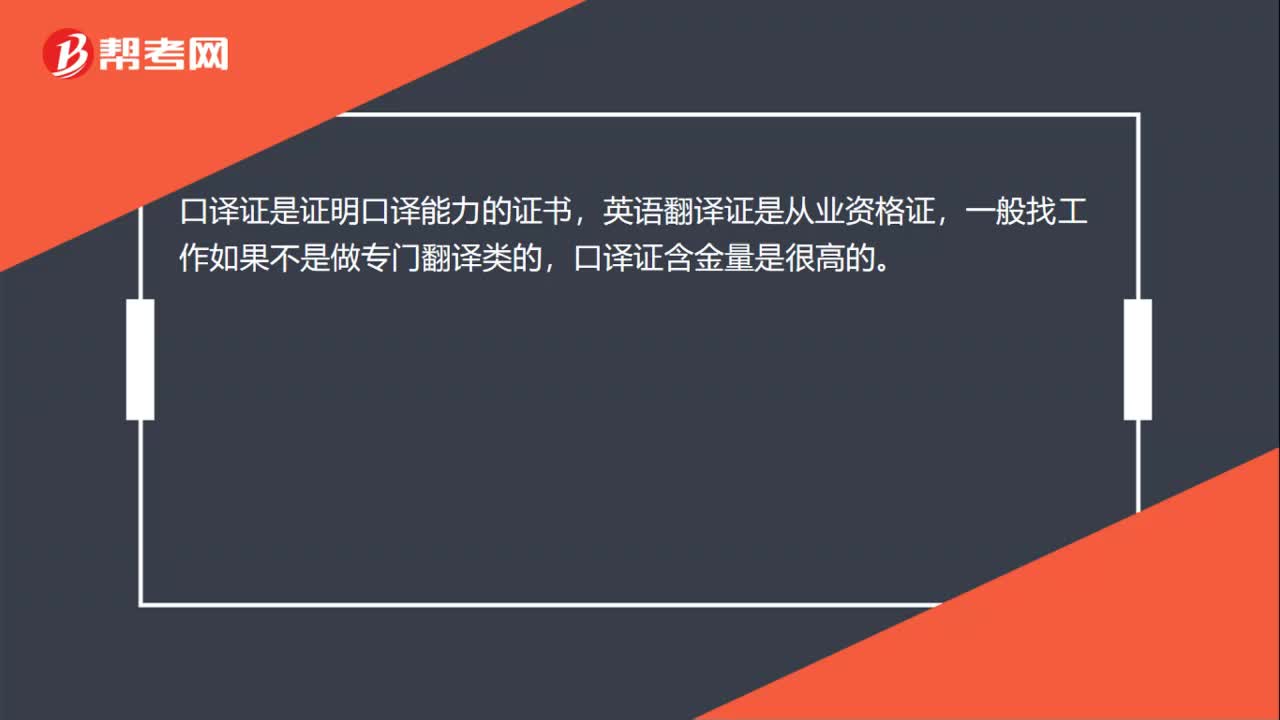 00:17
00:172020-06-03

微信扫码关注公众号
获取更多考试热门资料